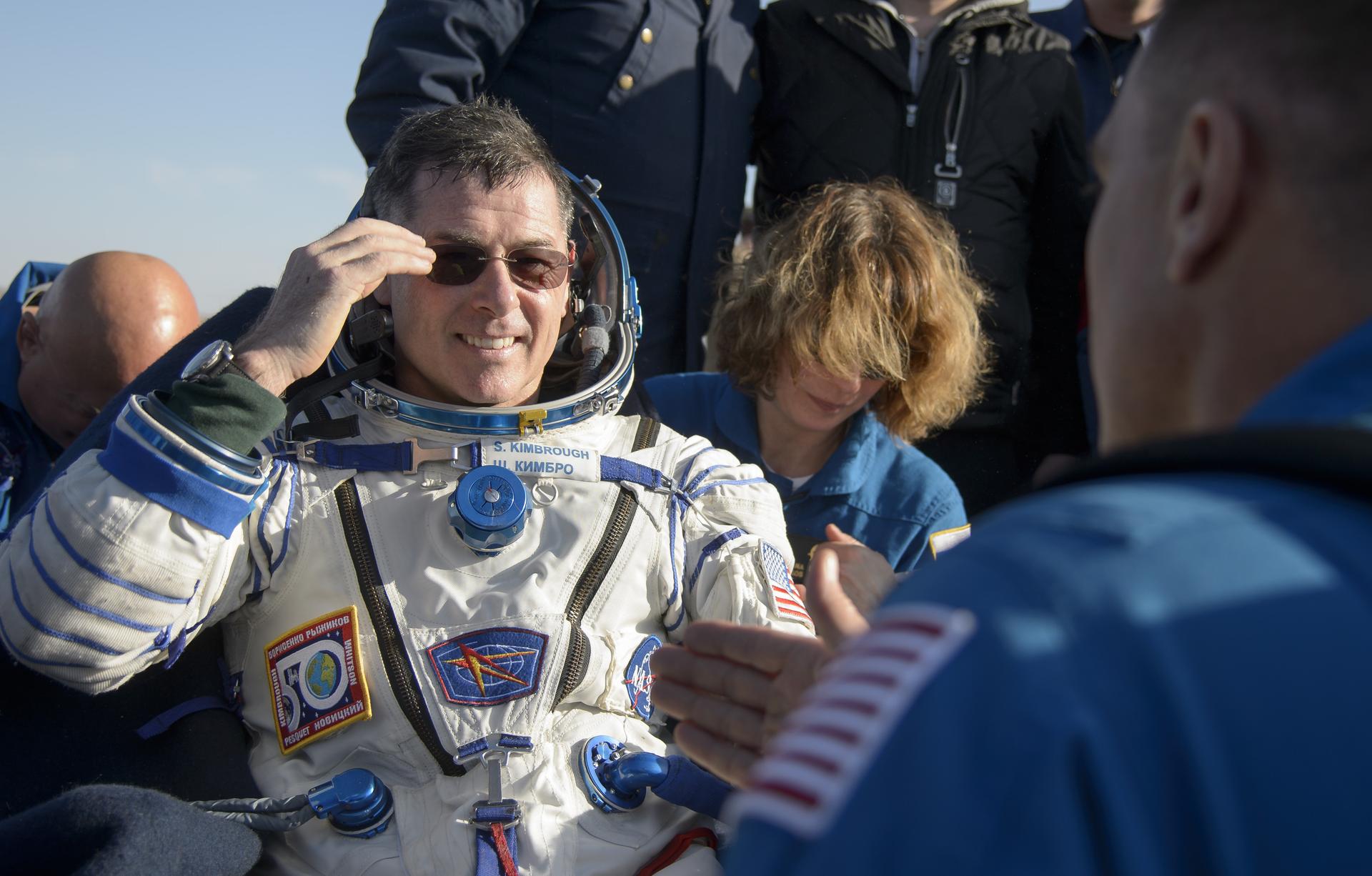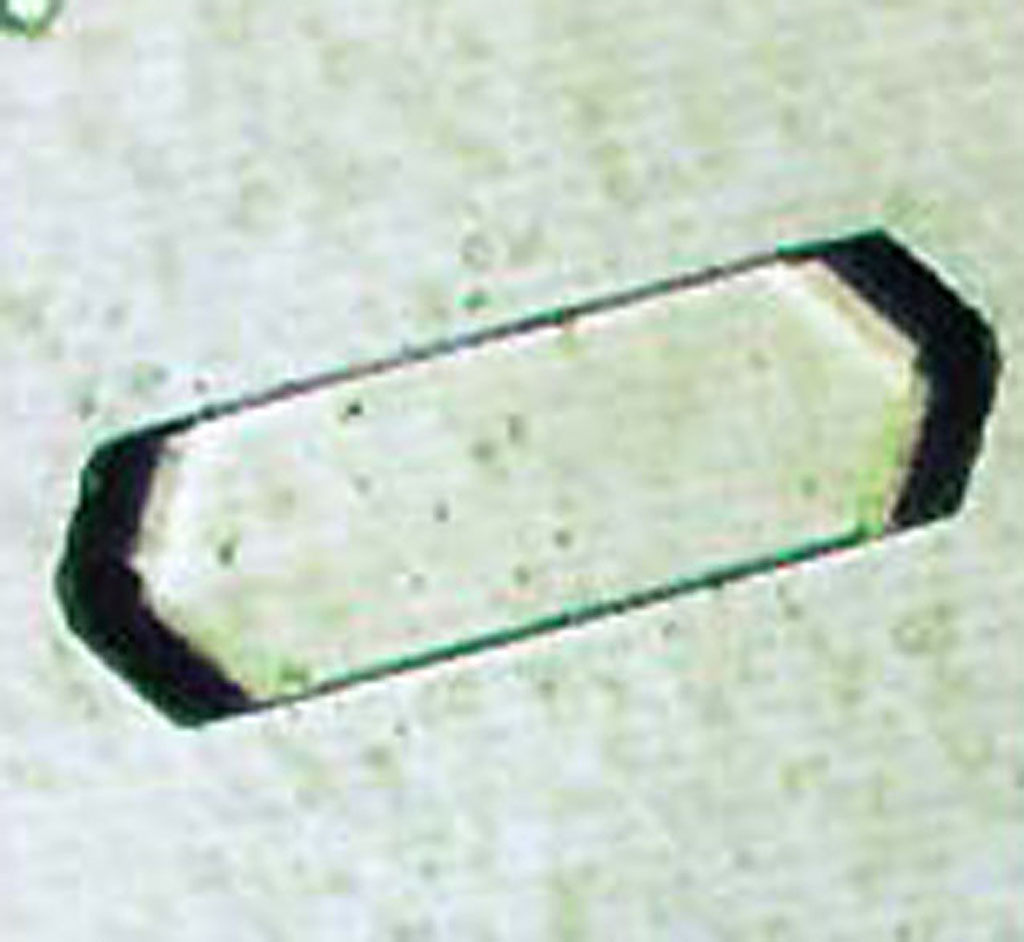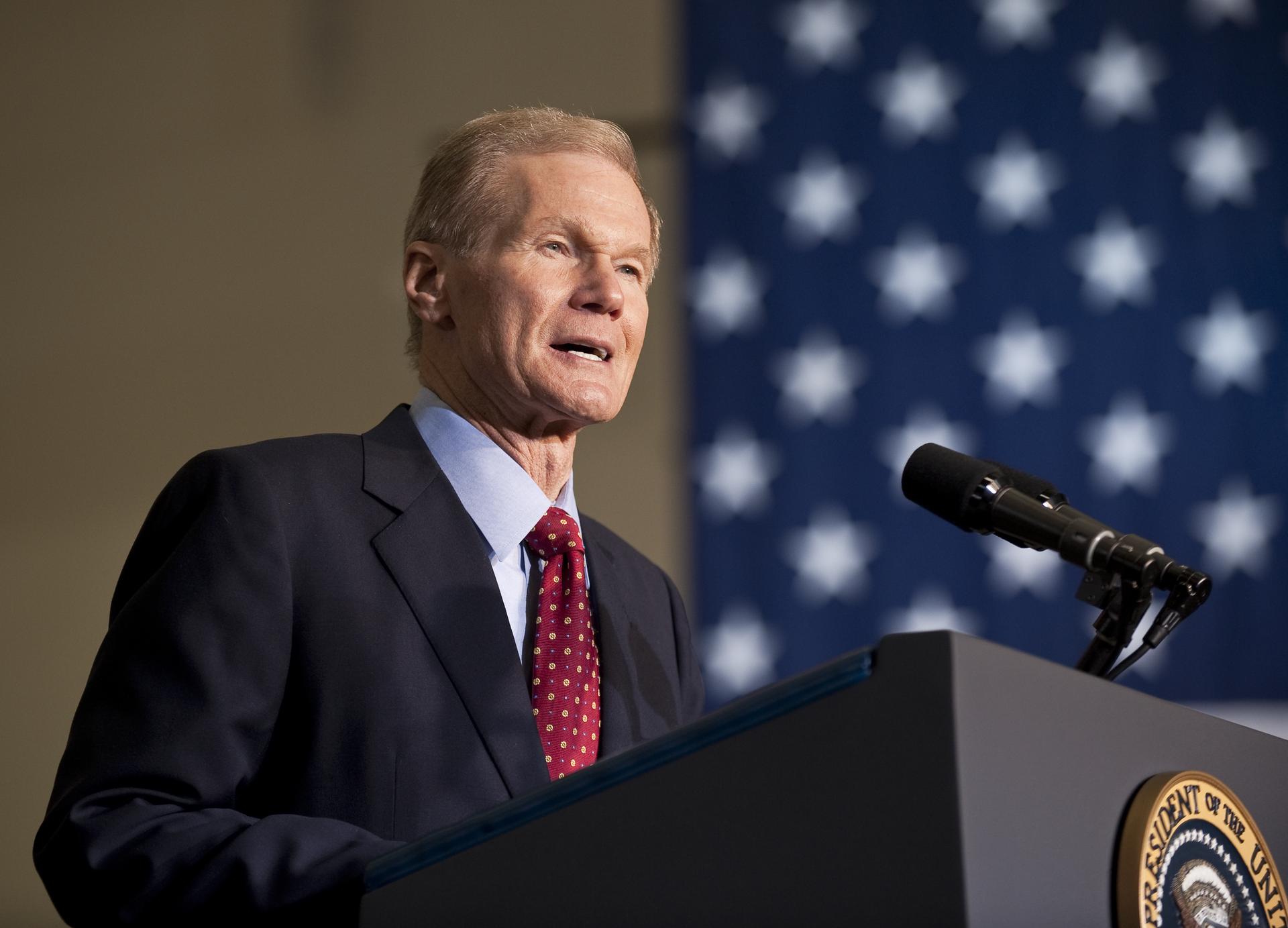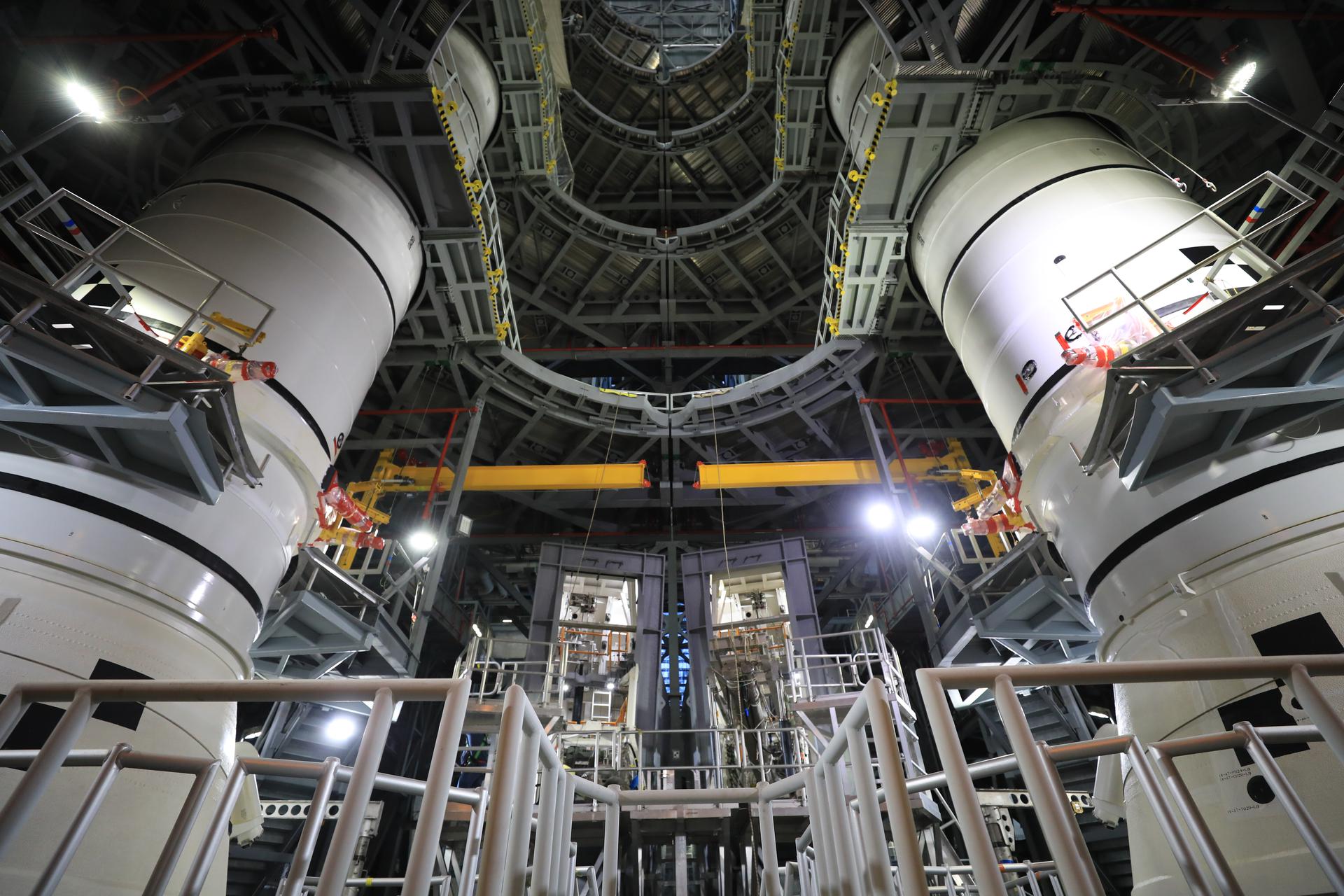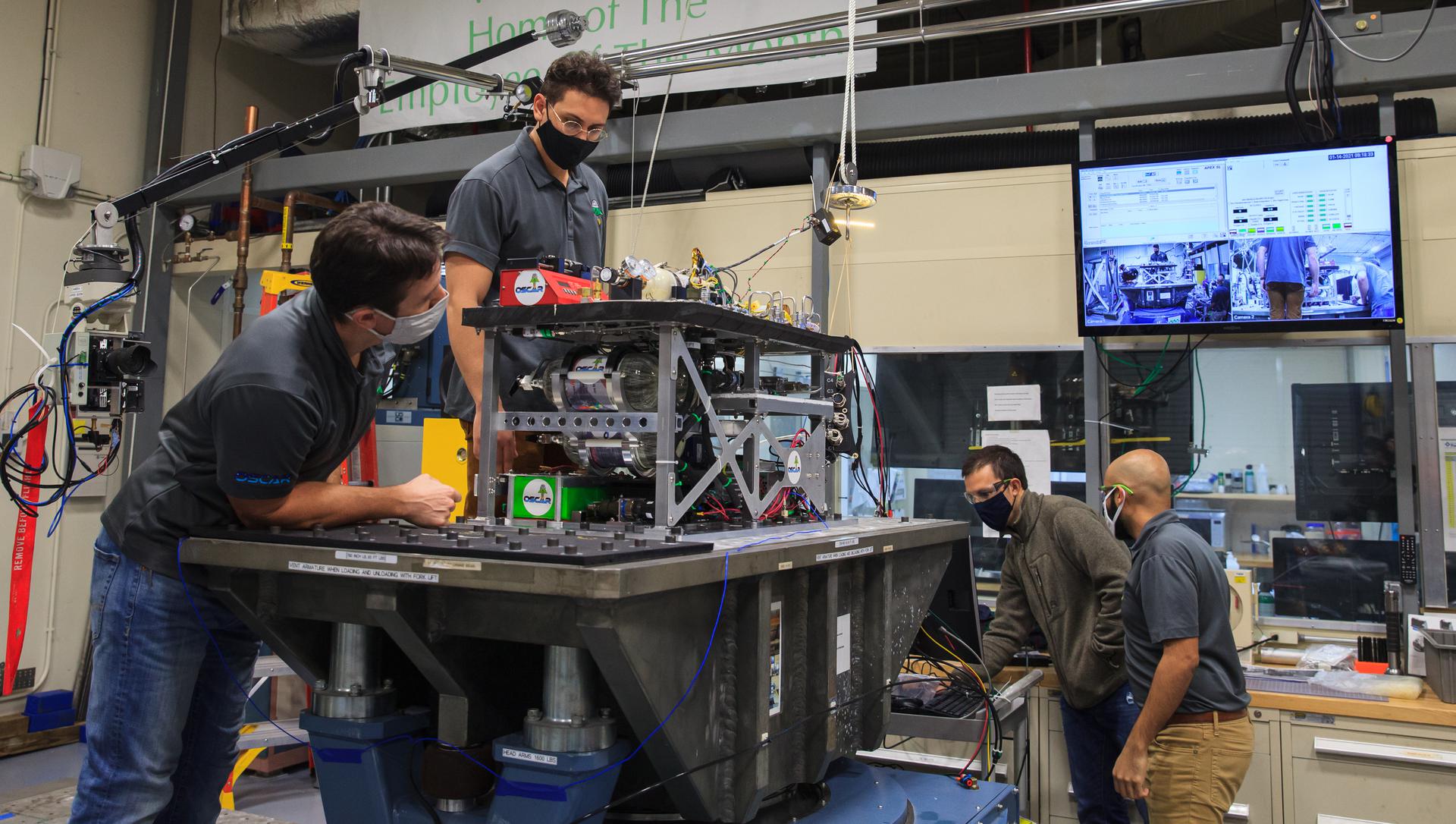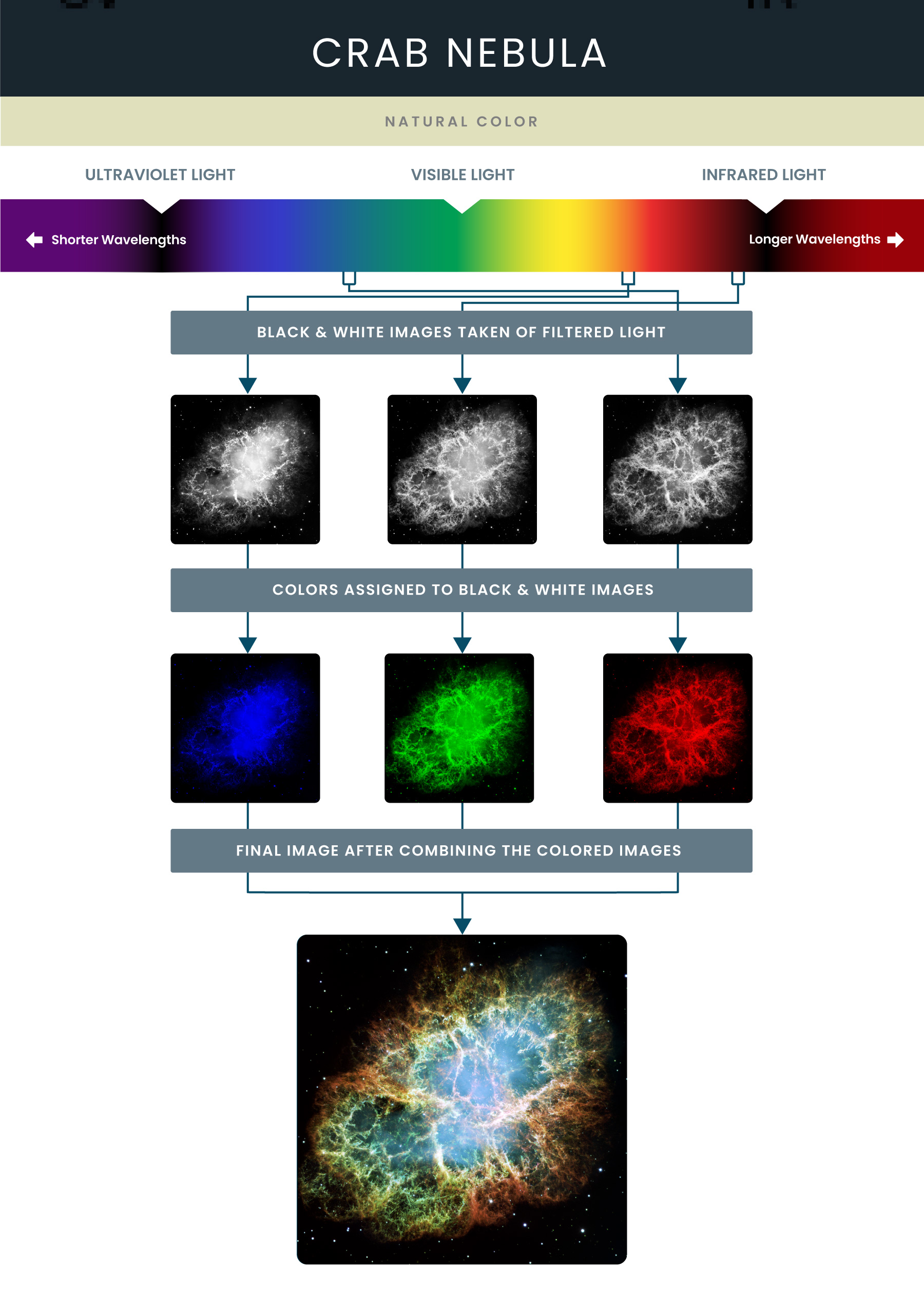The Celestial Challenge: Navigating the Rise in Space Congestion
In the vast expanse beyond our atmosphere, a pressing challenge emerges—space congestion. As our cosmic neighborhood experiences a surge in orbital activity, we delve into the causes, impacts, collaborative efforts, technological solutions, regulatory landscapes, and future scenarios surrounding this escalating issue of celestial traffic.
It seems not long ago, the cosmos was once an uncharted frontier, we are now witnessing a surge in orbital activity. The rise in satellite launches, fueled by both commercial and governmental interests, stands as a primary catalyst for the increasing clutter in Earth’s orbit. Additionally, remnants of past missions, known as space debris, compound the complexity of navigating through the cosmic thoroughfare.
Space congestion poses tangible risks to satellites and ongoing space missions. Navigating spacecraft through this crowded celestial highway introduces challenges in maintaining operational integrity, potentially affecting vital communication and navigation systems across various industries.
Recognizing the global nature of space, nations are collaborating to address space congestion. While initiatives are underway, establishing a harmonized approach proves challenging due to diverse national interests and priorities.
Technological innovations play a pivotal role in mitigating space congestion. Advances in space debris removal technologies, coupled with innovative satellite design and deployment strategies, offer promising solutions. The integration of artificial intelligence in space traffic management further enhances our ability to navigate the increasingly crowded cosmos.
Existing space regulations, foundational as they may be, face strain due to the rapid evolution of space activities. A robust and updated regulatory framework is imperative to address the nuances of space congestion, striking a delicate balance between commercial interests and responsible space exploration.
The trajectory of space congestion carries profound implications for our cosmic exploration. Failure to address congestion could elevate risks, but challenges also stimulate collaborative initiatives and technological advancements shaping a secure and sustainable future in space.
As we navigate the celestial challenge, adopting responsible space practices, fostering global cooperation, and embracing innovative solutions are crucial. Only through a concerted effort can we ensure the harmonious coexistence of satellites and spacecraft in the ever-expanding cosmos, preserving the infinite possibilities that space exploration holds for humanity.

